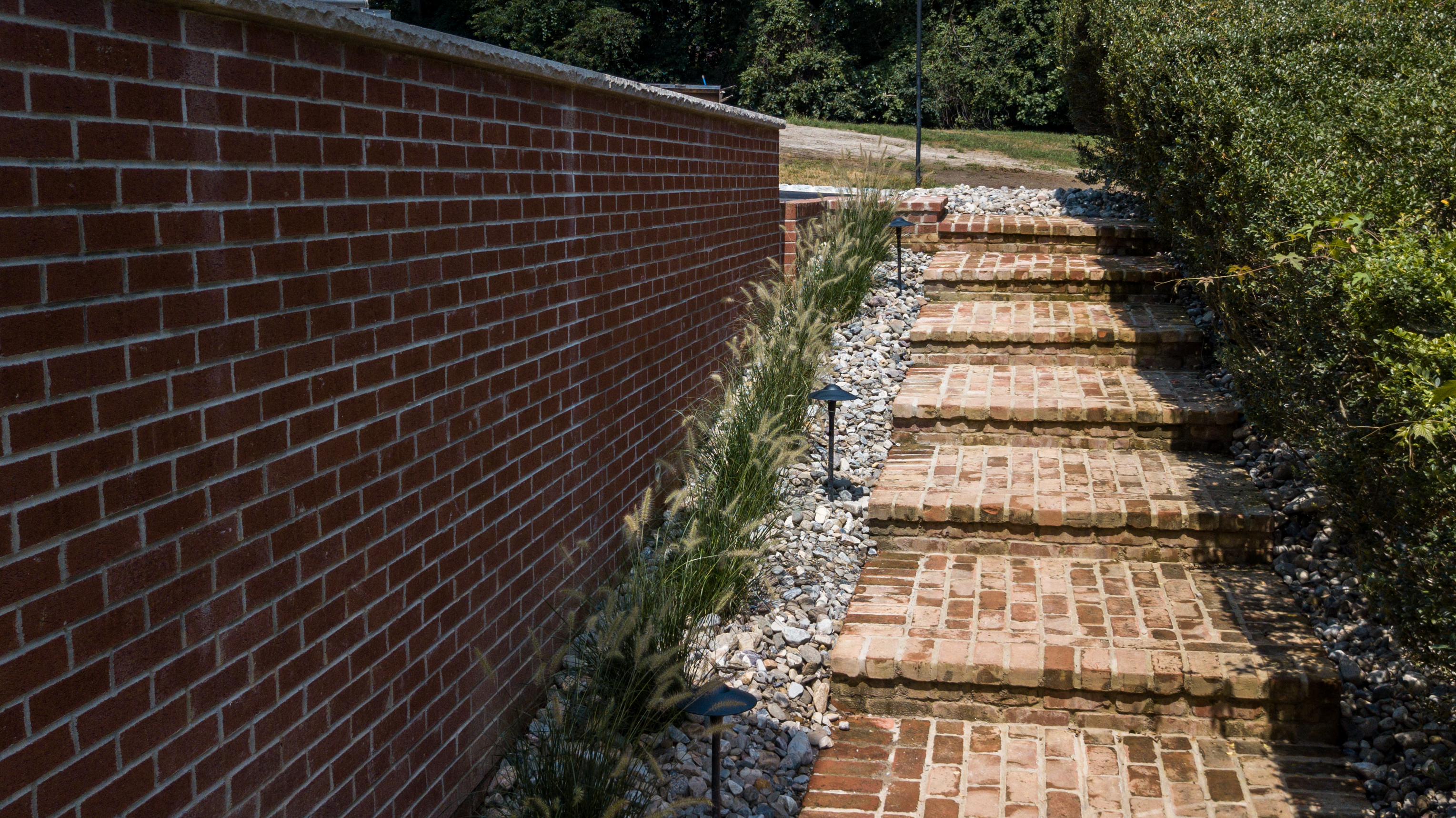Retaining walls are versatile structures that serve both practical and aesthetic purposes in landscaping. From preventing soil erosion to creating terraced gardens, retaining walls offer numerous benefits for homeowners. However, determining whether you need a retaining wall on your property requires careful consideration of various factors.Here we’ll explore the benefits of retaining walls, key considerations for installation, and how to determine if a retaining wall is right for your property.
Preventing Soil Erosion:
One of the primary benefits of retaining walls is their ability to prevent soil erosion, especially on sloped or uneven terrain. By holding back soil and preventing it from washing away during heavy rainfall or irrigation, retaining walls help stabilize the land and protect against erosion. This is particularly important for properties with steep slopes or areas prone to runoff, where soil erosion can lead to landscape damage and property loss.
Creating Usable Space:
Retaining walls can also create usable space in your landscape by leveling uneven terrain and creating flat, stable surfaces for outdoor living areas, gardens, or seating areas. By terracing slopes with retaining walls, homeowners can maximize their usable outdoor space and create distinct areas for various activities, such as gardening, entertaining, or relaxation. This can significantly enhance the functionality and enjoyment of your outdoor environment.
Enhancing Landscape Aesthetics:
In addition to their practical benefits, retaining walls can enhance the aesthetic appeal of your landscape by adding texture, dimension, and visual interest. Retaining walls come in a variety of materials, colors, and styles, allowing homeowners to choose a design that complements their property’s architecture and landscaping. Whether you prefer the natural look of stone or the clean lines of concrete, retaining walls can be customized to suit your personal taste and enhance the beauty of your outdoor space.
Managing Water Drainage:
Retaining walls can also help manage water drainage on your property by directing runoff away from sensitive areas and preventing waterlogging or flooding. Properly designed retaining walls can channel water away from foundations, driveways, and other structures, reducing the risk of water damage and soil saturation. Additionally, retaining walls can be integrated with drainage systems, such as French drains or weep holes, to further improve water management and protect your property against water-related issues.
Assessing Site Conditions:
Before deciding whether you need a retaining wall on your property, it’s essential to assess the site conditions and evaluate the terrain, soil composition, and drainage patterns. Retaining walls are most commonly used on properties with sloped or uneven terrain, where soil erosion, water runoff, or landscape instability are concerns. Additionally, consider factors such as local building codes, zoning regulations, and property boundaries when planning for a retaining wall installation.
Consulting with Professionals:
If you’re unsure whether you need a retaining wall on your property, or if you’re considering installing one, it’s advisable to consult with landscaping professionals who can assess your site conditions and provide expert guidance. A qualified landscaper or engineer can evaluate your property, recommend appropriate solutions, and design a retaining wall that meets your needs and budget. Additionally, professionals can handle the permitting process, ensure compliance with local regulations, and oversee the construction process to ensure a successful outcome.
Retaining walls offer numerous benefits for homeowners, including preventing soil erosion, creating usable space, enhancing landscape aesthetics, and managing water drainage. However, determining whether you need a retaining wall on your property requires careful consideration of various factors, including site conditions, terrain, and landscaping goals. By assessing your property and consulting with professionals, you can determine if a retaining wall is right for you and enjoy the many benefits it brings to your outdoor environment.

